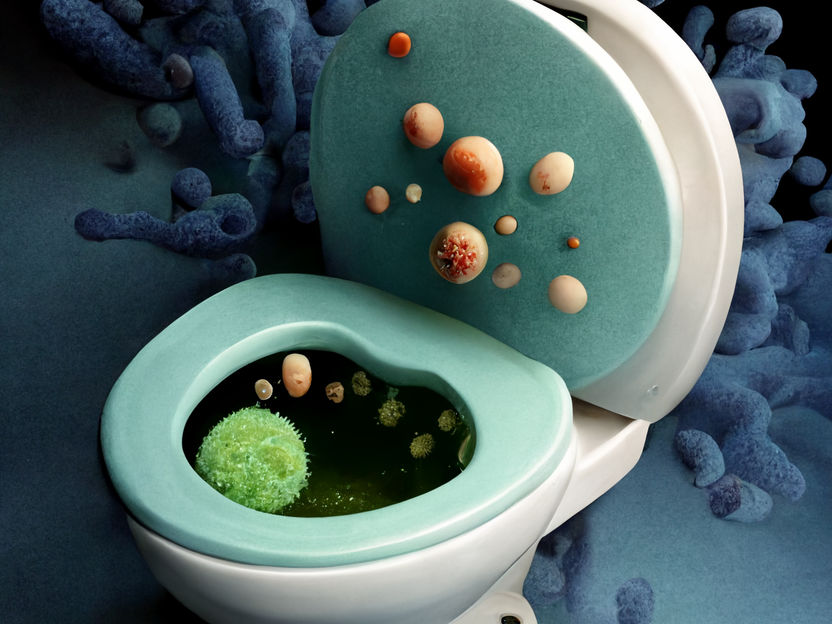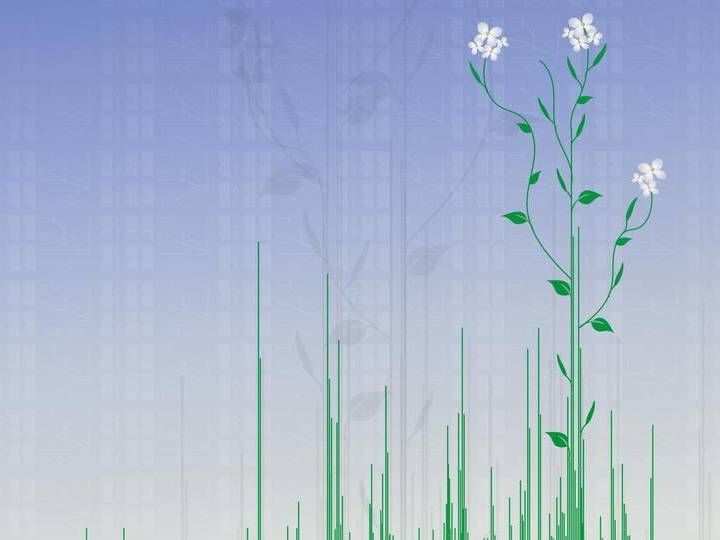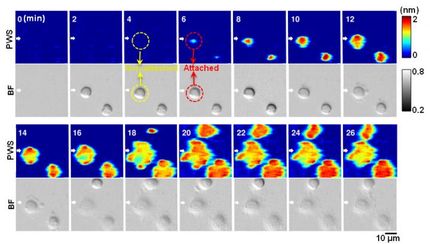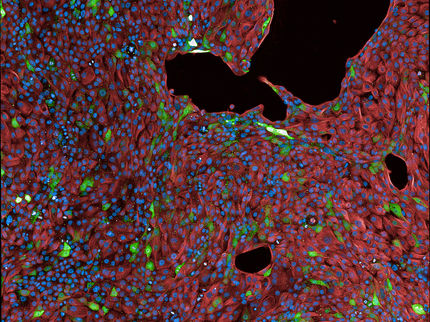New screening technique paves the way for protein drugs from bacteria
A cheaper, more efficient technique for developing complex protein drugs from bacteria has been developed at the University of Sheffield.
Using the bacterium E. coli, researchers from the University's Faculty of Engineering showed it was possible to vastly increase the efficiency of the cells producing specifically modified proteins, as well as improve its performance and stability. The modification is present in over two-thirds of human therapeutic drugs on the market and involves the addition of specific sugar groups to the protein backbone, a process termed glycosylation.
Drugs based on proteins are increasingly important in modern medicine to tackle health problems including diabetes, cancer and arthritis.
Although simple proteins are traditionally made in microbial cells, these types of complex drugs are made using animal cells because they can make human-type glycosylations that will control its efficacy and stability in the body, and avoid immunogenic reactions in patients.
Using bacteria to make proteins for use as medicines could be a more cost effective alternative, since using animal cells is expensive. However, the efficiency of glycoprotein production in bacterial cells is still very poor, with yields often several thousand times lower than in animal cells.
Now, researchers in the Department of Chemical and Biological Engineering at the University of Sheffield, with collaboration from the University of Colorado, are using a technique called inverse metabolic engineering, that allows them to screen cells to identify strains that are likely to be the most efficient glycoprotein producers. Using this method, the team were able to produce seven times as much of the protein in laboratory tests.
The team then used mass spectrometry to characterise and accurately quantify the proteins being produced by the bacteria. This allowed them to pinpoint modifications that will enable them, ultimately, to improve the performance of the drug.
Professor Phil Wright, who led the research, said: "We believe that this technique will pave the way for pharmacologists to get the same protein yield from bacteria cells as they could from animal cells and also enable them to produce drugs from bacteria that have vastly improved focus and accuracy."
The team also tested the technique on antibody fragments with positive results, showing that their approach could work in different proteins.
Most read news
Topics
Organizations

Get the analytics and lab tech industry in your inbox
By submitting this form you agree that LUMITOS AG will send you the newsletter(s) selected above by email. Your data will not be passed on to third parties. Your data will be stored and processed in accordance with our data protection regulations. LUMITOS may contact you by email for the purpose of advertising or market and opinion surveys. You can revoke your consent at any time without giving reasons to LUMITOS AG, Ernst-Augustin-Str. 2, 12489 Berlin, Germany or by e-mail at revoke@lumitos.com with effect for the future. In addition, each email contains a link to unsubscribe from the corresponding newsletter.
More news from our other portals
Last viewed contents

Listen to the toilet — it could detect disease - Microphone sensor and machine learning can classify excretion events, identify cholera or other bowel diseases, all without identifiable information

























































